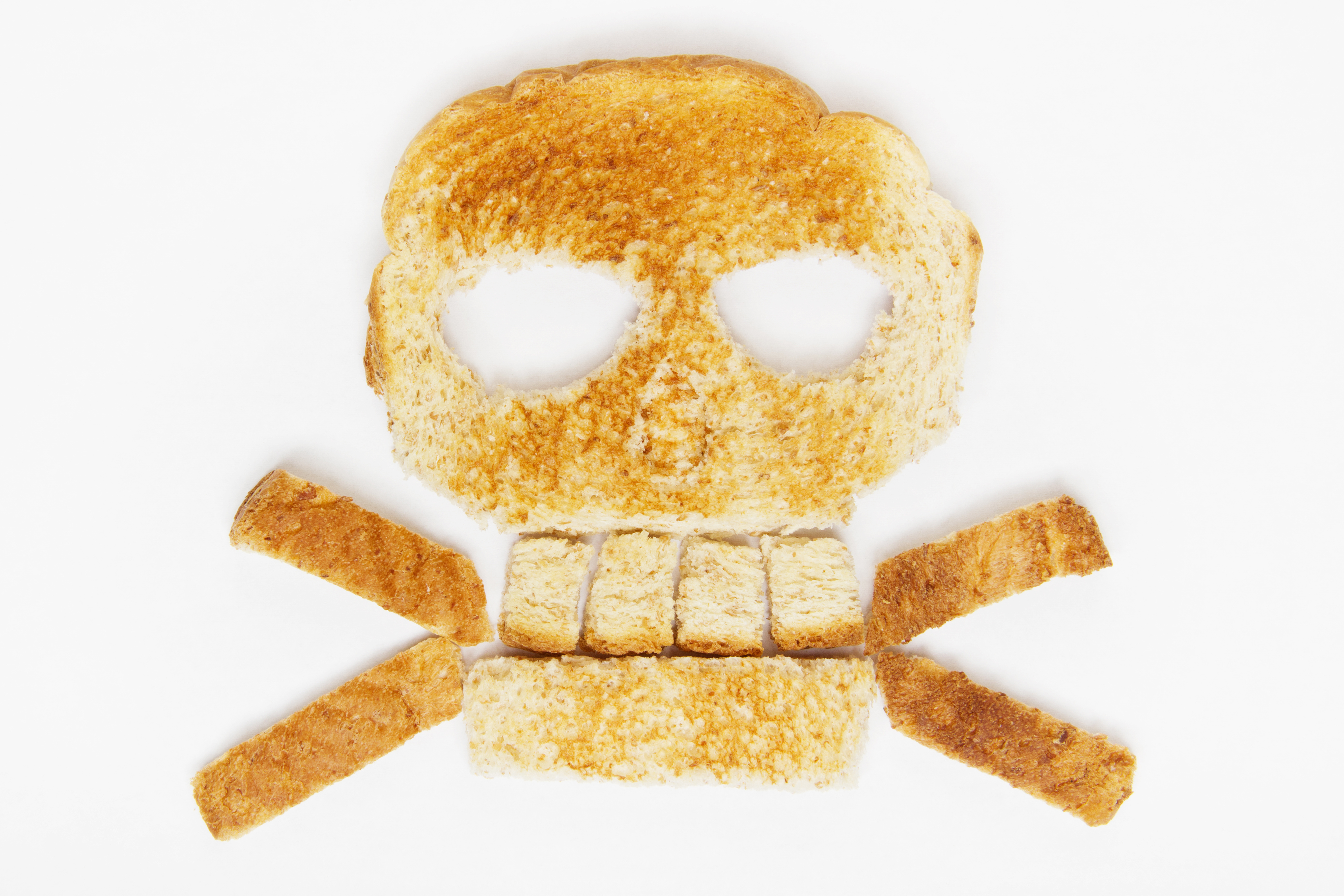You asked, we listened. Follower question of the week.

Q: I thought I should cut out carbs to lose weight, but F-Factor says you can eat carbs? I’m confused, help!
A: People always want to know what the deal really is with carbohydrates – Are they good? Are they bad? Do we even need them? Diets from Atkins to South Beach have long touted the negatives of carbohydrates for weight loss, making them infamous among macronutrients; yet other diets say just the opposite. If you’ve been totally confused, you’re not wrong. The messaging we’ve been fed on what to eat and what not to eat over the last 50 years has been convoluted to say the least. The good news is, we’re not just destined to be fat or expected to never eat a bowl of pasta again. Carbs are NOT the enemy. You can eat carbs and maintain weight. In fact, from Day 1 on F-Factor, it’s not just that you’re encouraged to eat carbs to lose weight; but you’re not following the diet correctly if you’re not! We explain why, and set the record straight once and for all.
The reason carbs have a bad rap is because people believe they make you fat. This diet myth couldn’t be further from the truth. In fact, if the only thing you ate all day was a bagel, you would be in a caloric deficit, and likely lose weight. However, like all myths, there is some truth buried within. To explain, we first need to understand what carbs are and how the body uses them.
WHAT ARE CARBS ANYWAY?
Carbohydrates are a macronutrient, and they can be found in many more foods than people generally think: pizza, bagels, pasta, fruits, vegetables, peas, beans, potatoes, chips, candy, hummus, desserts and dairy products.
Carbs are a source of fuel for our bodies, and the preferred one our bodies want to use. When we eat carbs, our bodies break them down into glucose to use to power both of our voluntary and involuntary daily activities. Because glucose is the preferred fuel source our bodies use for basically everything, it’s used readily, so it is stored temporarily where it is easily accessible, in our muscles and our liver.
That being said, glucose isn’t the only source of fuel for our bodies. In addition to glucose, our bodies have a secondary fuel source to use when glucose isn’t available: fat. In fact, when we eat an excess of carbs, more than what our body can store in our muscles and liver, the body actually converts those carbs to fat, to store and use if and when glucose is not available. Our bodies are smart and don’t like being wasteful. Converting extra glucose to fat to “save for a rainy day” was an adaptive survival tactic that was effective for our hunter-gatherer ancestors, who were not as food secure as we are today.
RIGHT, BUT WHAT’S THAT HAVE TO DO WITH ME?
Today, we have an abundance of food at all times, so our body’s mechanism to store for an emergency situation doesn’t serve us the way it used to. While the space for short-term glucose storage in our liver and muscles is fixed, there’s no limit to the amount of fat the body can store for later use, so the more excess glucose you give it, the fatter you will become. This is exactly why people believe carbs make you fat. It’s not the carbs themselves, it’s the quantity in which we eat them that leads to weight gain.
So, in attempt to lose weight, people often cut carbs from their diets. Without carbs, you can still function, your body will resort to fat for energy. The problem is that without carbs you don’t think clearly, and you’re going to feel weak, tired, cranky, shaky and lethargic. Carbs are our bodies’ preferred fuel source for a reason. In addition to feeling unwell, these feelings can then trigger excess snacking and feelings of deprivation, which are not consistent with weight loss. From an activity perspective, without carbs you won’t have energy for workouts. This is the reason athletes carboload.
F-FACTOR’S PROPRIETARY ALGORITHM FOR WEIGHT MANAGEMENT
Ultimately, the goal is to eat just the right amount of carbs, so that you have energy to function, but not too much that the body stores them as fat. Utilizing fiber, F-Factor’s Proprietary Algorithm for Weight Management ensures the body gets enough carbs to fuel its involuntary and voluntary activities, without leading to weight gain, and can even set the body up to burn fat for fuel.
WHY FIBER?
Fiber is the part of carbohydrates that cannot be digested and is zero calories, so carbohydrates that are high in fiber are naturally lower in calories. Moreover, fiber adds bulk to foods, so high fiber foods fill us up, without filling us out. Excellent examples of high fiber carbohydrates include fiber crackers, raspberries, butternut squash, bran and artichokes.